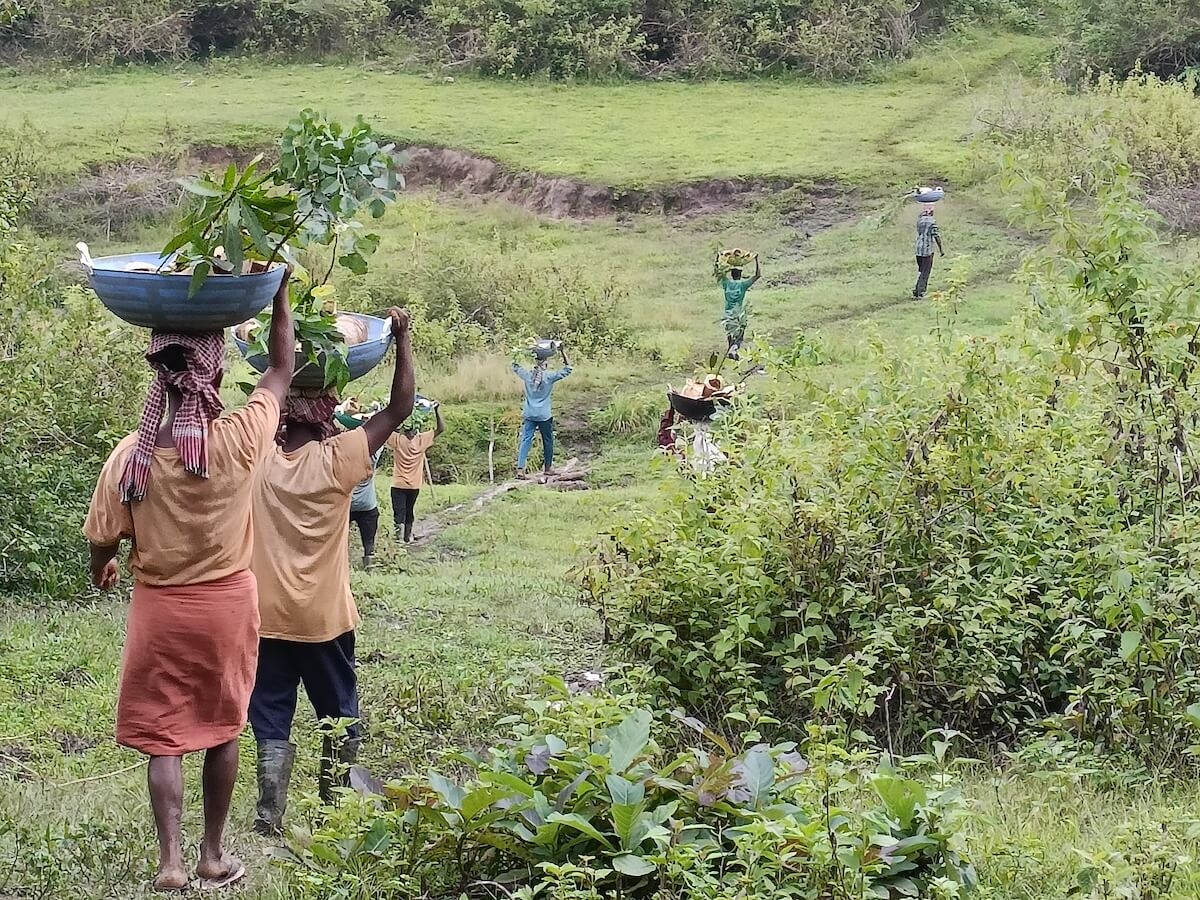
Eradication of Invasive species and restoration of forest & biodiversity
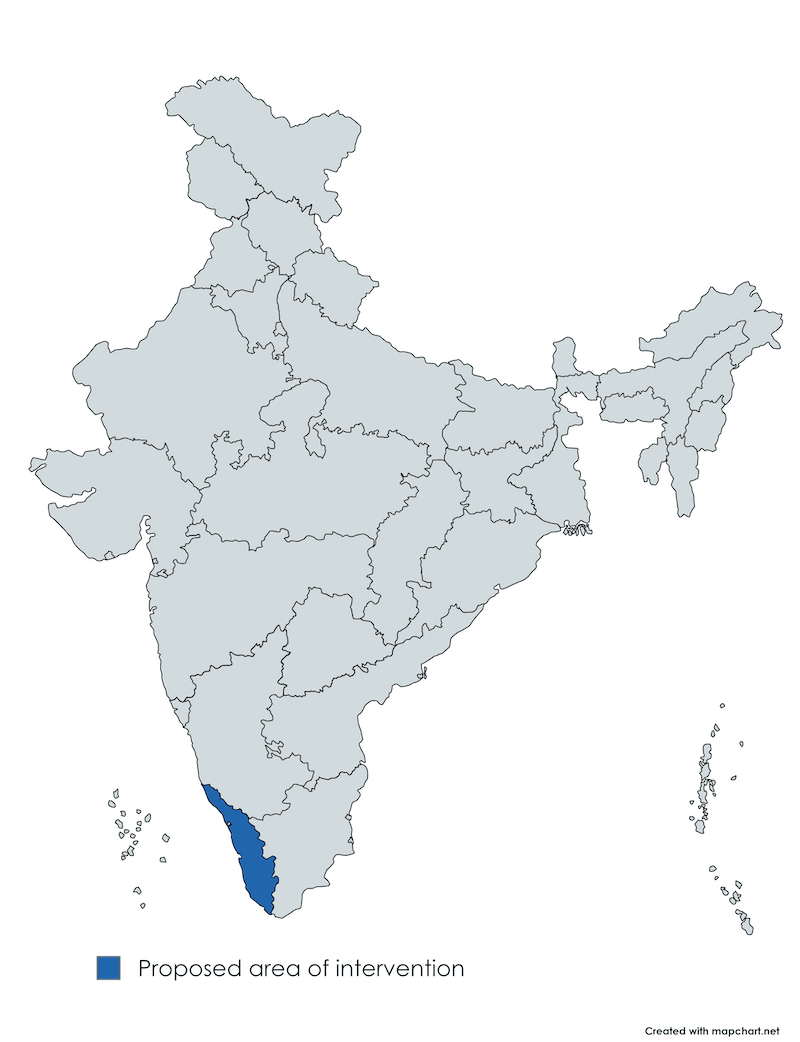
Eradication of Invasive species and restoration of forest & biodiversity
The overall goal of this work is to eradicate invasive species thus establishing native biodiversity with the support of local indigenous tribes. This landscape is also the catchment of Kabini river in the Western Ghats an important tributary of river Cauvery.
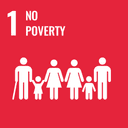
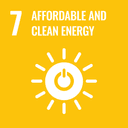
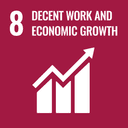
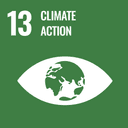
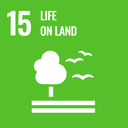
- (iv) Environmental Sustainability
- (iii) Promoting Gender Equality
- (x) Rural Development
Kerala
Open for Funding
Existing Project
Executive Summary
In the mountainous landscapes of Wayanad Wildlife Sanctuary, situated within the Western Ghats, a transformative restoration project is underway to revive degraded forest lands critical for elephant habitat and the region's ecological resilience. Initiated by Forests First Samithi (FFS) in partnership with the Kerala Forest Department, this ambitious endeavour aims to eradicate invasive species, reduce human elephant conflict, enhance native biodiversity, empower local indigenous tribes and build traditional ecological knowledge for sustainable conservation practices.
Forest cover in Wayanad has significantly declined from 1950 to 2018, leading to severe forest depletion, degradation, soil erosion, and a huge loss of biological diversity. During this period, there has been 62% reduction in forest cover, coupled with an alarming 1800% increase in plantation areas. This decline in forest cover threatens the survival of umbrella species like the tiger and elephant, resulting in increasing instances of human-animal conflicts in the region. Wayanad's forests are crucial for sustaining more than 13 rivers, including the Kabini, a primary tributary of the River Kaveri. The loss of forests poses a threat to water availability and impacts the livelihoods of tribal communities, who are heavily dependent on forest resources.
The overarching goal of this initiative is to restore and protect degraded forest lands within the Tholpetty Range of Wayanad, a crucial elephant habitat and catchment area for the Kabini River. Key objectives include eradicating invasive species such as Senna spectabilis and Lantana camara to mitigate their adverse impacts on native vegetation and wildlife, enhancing native and regionally endangered and threatened (RET) plant species diversity, empowering indigenous communities through engagement and sustainable livelihood opportunities, and increasing traditional ecological knowledge for effective forest management practices.
The project has achieved significant milestones between September 2020 and March 2024 with an overall impact in 400 Acres.
Invasive Species Management: Successfully cleared Senna spectabilis from 247 Acres, developing effective techniques for ongoing invasive species control.
Native Species Establishment: Freed 24,000 naturally regenerating tree saplings from lantana growth, achieving a 65-70% survival rate for 40,000 planted saplings of diverse native species.
Biodiversity Enhancement: Established 50 key native and RET tree species, supporting a resilient forest ecosystem and essential food sources for wildlife.
Community Engagement and Livelihood Support: Provided 29,300 person-days of local livelihoods to indigenous tribes, fostering sustainable employment and reducing migration for work.
Infrastructure Development: Established a network of 5 nurseries specializing in native forest trees, supporting tribal restorers with necessary resources and promoting traditional nursery management.
The project's sustainability strategy focuses on phased intervention, limiting direct restoration activities to 3-5 years per area. Beyond this period, natural regeneration and indigenous knowledge will sustain restored habitats and empower local communities for long-term conservation.
The restoration efforts is envisaged to facilitate native vegetation regeneration, supporting diverse wildlife and mitigating human-wildlife conflicts. Enhanced soil moisture retention and water availability will benefit local communities and wildlife dependent on these ecosystems. By building local capacity, fostering partnerships, and integrating traditional ecological knowledge, the project aims to create a resilient model of conservation that can be replicated and scaled to address broader conservation challenges in the Western Ghats.
The scope of the project can be extended to 200 acres in next one year in Wayanad Wildlife Sanctuary
About the NGO
Forest First (FFS) has 13+ years of experience in land restoration and habitat conservation, working in alignment with UN SDG-15. FFS has been conserving degraded lands invaded by invasive species by implementing various proven scientific techniques. In the process, a diversity of over 150 native/RET tree species of Western Ghats have been conserved.
FFS has a breadth of experience working in the Western Ghats in Wayanad and Kodagu districts working across multiple models of eco restoration, degraded Forest Land Restoration, Sacred Grove restoration, Coffee estate diversity planting, riparian buffer conservation and land slide eco restoration.
Our work on eradication of invasive Senna spectabilis has been applauded by the Social Forestry Wing of Mananthavady Block.
FFS has supported tribal restorers all year-round livelihood when earnings are usually seasonal in nature. An independent social impact study by GRAAM (Grassroots Research and Advocacy Movement) of our work at Tholpetty has revealed that alcoholism in tribal restorers who are supported with livelihood all year round have reduced significantly. Year round job security also has enabled the tribal restorers to stop migrating to neighboring districts of Kodagu for seasonal jobs. Over and above, there is dignity of work by ensuring financial inclusivity for the tribal restorers by wage payments through bank accounts.
Forest First Samithi is a trustee of Kodagu Model Forest Trust, which is part of the International Model Forest Network and we play a pivotal role in advising like-minded organizations on invasive management and conservation of native/RET species in Kodagu, Karnataka.
Please Login to view the additional details or Register as Donor
- Project Details
- Proposed Intervention
- Monitoring & impact
- Budget
- Additional Details